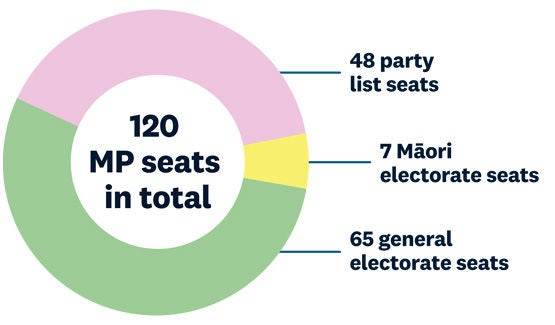Different roles to play
Understanding the different roles of these two organisations is important, as both support Māori representation in Tāmaki Makaurau.
Houkura
- Statutory entity (organisation created by law)
- Has some voting power
- Members are appointed
- Advocates for mana whenua and mataawaka
- Makes sure we are upholding treaty obligations.
Tāmaki Makaurau Mana Whenua Forum
- Non-statutory entity
- Has no voting power
- Membership is appointed by iwi
- Promotes iwi interests in Tāmaki Makaurau.
Tūpuna Maunga Authority
The Tūpuna Maunga agreement is an example of co-governance between local government (Auckland Council) and its treaty partners, Ngā Mana Whenua o Tāmaki Makaurau (also known as the Tāmaki Collective).
Find out more on the Tūpuna Maunga website.
Ngā Mana Whenua o Tāmaki Makaurau Collective Redress Act 2014
This law:
- gave ownership of 14 maunga (mountains) to the iwi/hapū of Tāmaki Makaurau
- created the Tūpuna Maunga Authority to manage decisions about the maunga
- made Auckland Council responsible for caring for the maunga, following the Tūpuna Maunga Authority’s guidance.
This settlement is very important because maunga are sacred to Māori. The Tūpuna Maunga Authority prioritises the health and wellbeing of the maunga in every decision.
About Māori wards
Parliament has seven seats reserved for Māori Members of Parliament (MPs). These MPs are elected by voters on the Māori electoral roll during general elections.
If you are of Māori descent, you can choose to be on either the general electoral roll or the Māori electoral roll.
Aotearoa / New Zealand has seven Māori electorates (voting areas). Each electorate elects one MP to Parliament.
See how the 120 MP seats are divided.


